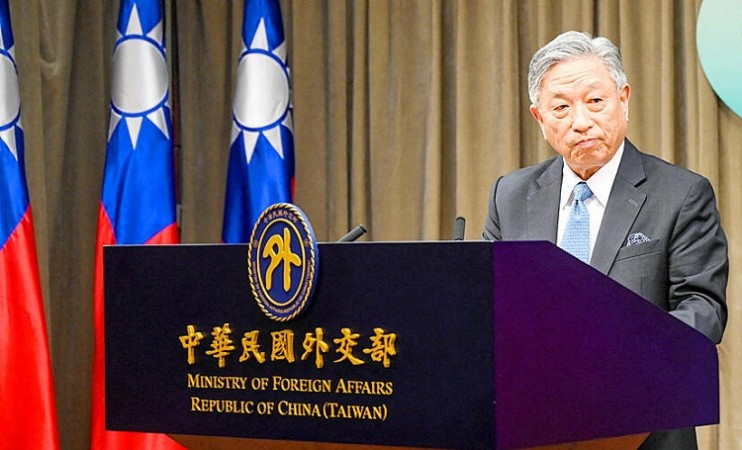
China has officially established diplomatic relations with Nauru, a small Pacific island nation, following Nauru's recent decision to sever ties with Taiwan. The announcement was made by China's Foreign Ministry on January 24th, marking a formal restoration of diplomatic relations between Beijing and Nauru.
Nauru's move to cut ties with Taiwan occurred on January 15th, just two days after Taiwan's presidential election. This decision left Taiwan with only 12 remaining diplomatic allies, a significant reduction for the self-governing island. Despite the decrease in official allies, Taiwan maintains strong unofficial relations with the United States, Japan, and other nations.
China, which considers Taiwan as part of its territory, does not recognize the Taiwanese government or its right to diplomatic recognition. This extends to Taiwan's participation in international bodies like the United Nations and any official contact with foreign political entities. China has been actively courting Taiwan's diplomatic allies, viewing it as a way to penalize Taiwan's ruling Democratic Progressive Party (DPP), which advocates maintaining the island's autonomy.
Since the election of DPP President Tsai Ing-wen in 2016, ten countries have shifted their diplomatic ties from Taipei to Beijing. China's stance asserts that Taiwan must eventually come under its control, and it has conducted military exercises around the island to emphasize its determination.
At the time of Nauru's decision to break ties with Taiwan, Taiwan's Deputy Foreign Minister Tien Chung-kwang accused China of strategically timing the news to coincide with the election of Vice President Lai Ching-te as the island's new leader. Tien argued that China's authoritarian one-party Communist government aimed to undermine the democracy and freedom that the Taiwanese people take pride in.
As it stands, Taiwan now maintains official ties with 11 countries and the Vatican. Seven of these are located in Latin America and the Caribbean, three in the Pacific islands, and one in Africa. Nauru's shift in relations has drawn attention to the vulnerability of Taiwan's remaining allies, primarily developing nations susceptible to China's global influence and financial incentives.
Taiwan Faces Diplomatic Setback as Nauru Shifts Allegiance to China
Taiwan's Leaders Appreciate US Support Amid Beijing's Disapproval
Taiwan Elections 2024: Know its Global Significance and Geopolitical Implications